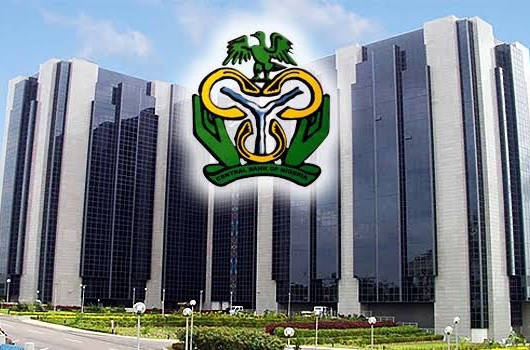A Financial Expert, Prof. Uche Uwaleke, says the Monetary Policy Committee (MPC) of the Central Bank of Nigeria (CBN) is likely to raise interest rates again.
Uwaleke, the Director, Institute of Capital Market at the Nasarawa State University, is also the President, Capital Market Academics of Nigeria.
He said this in an interview with the News Agency of Nigeria (NAN) on Sunday in Abuja, against the backdrop of the 298th MPC meeting scheduled to hold on Monday and Tuesday.
According to him, for the first time in many months, both core and food inflation went up last month.
“Ditto for rural and urban, year-on-year and month-on-month inflation, further widening the negative real interest rate.
“The Fx market is still experiencing pressure going by the forward rates of the dollar. FAAC just shared more than N1.4 trillion for October, higher than the figures for previous months,” he said.
He said that there was also the approaching festivities’ period to consider often characterised by higher prices of goods and services.
“Against this backdrop, I will not be surprised if the MPC further jerks up the MPR by at least 50 basis points,” he said.
He, however, advised the committee to retain its prevailing monetary policy rates to moderate investment costs.
“Nevertheless, all considered, including the rising cost of funds for businesses, I would advise a hold position,” Uwaleke said.
NAN reports that the MPC raised the Monetary Policy Rate (MPR), which is the baseline interest rate, by 50 basis points to 27.25 per cent from 26.75 per cent in its 297th meeting in September
That decision marked the fifth consecutive hike of the rates since Yemi Cardoso took charge as CBN governor and chairman of the MPC.
“The first decision under Cardoso was an aggressive hike in the MPR by 400 basis points, from 18.75 per cent to 22.75 per cent in February.
In March, the committee, again increased the MPR by 200 basis points to 24 75 per cent, followed by subsequent hikes to 26.25 in May, and 26.75 per cent in July.
Cardoso has thus, increased the MPR by 850 basis points since the commencement of his tenure.
The aim, according to him, is to aggressively address Nigeria’s high inflation, particularly core and food inflation.
NAN











